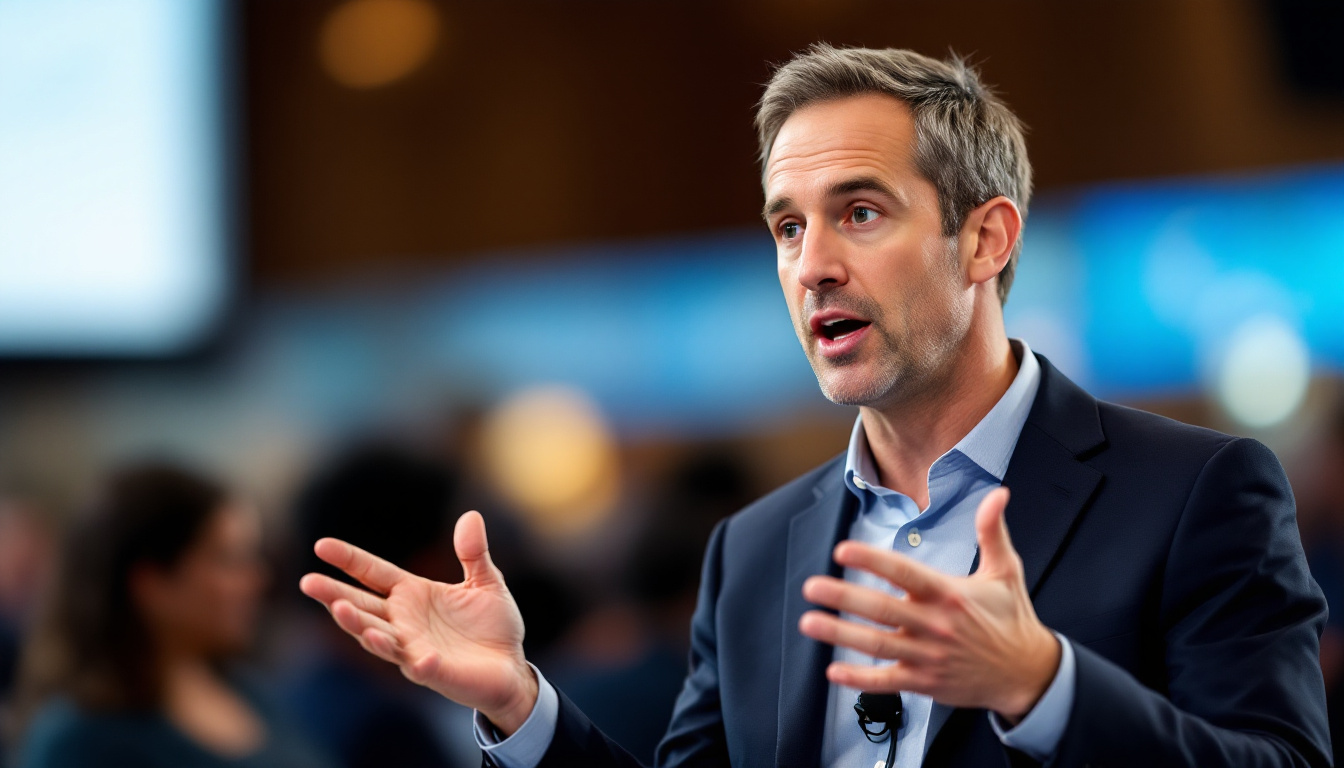During the Search Central Live event in New York City, Google’s John Mueller shed light on the widely discussed EEAT framework, emphasizing that it isn’t a feature that website owners can simply incorporate into their pages.
LinkWhisper
The ultimate internal linking plugin for WordPress that can elevate your on-page SEO. Recognized as the finest in the field. Simple to install with powerful features.
This clarification aims to guide marketers and SEOs on the proper understanding and use of EEAT in enhancing website quality.
Understanding EEAT and Its Purpose
John Mueller provided a detailed explanation of EEAT, highlighting its role in evaluating page quality and its connection to Google’s assessment processes.
EEAT’s Role with Quality Raters and YMYL Topics
Mueller linked EEAT specifically to how third-party quality raters evaluate the trustworthiness and reliability of content on sensitive subjects.
He clarified that EEAT stands for Experience, Expertise, Authoritativeness, and Trustworthiness, serving as criteria for quality raters when assessing search result pages.
This framework is particularly crucial for Your Money or Your Life (YMYL) topics, which include areas like health and finance where the accuracy and reliability of information are paramount.
The Misconception of Adding EEAT
Addressing common misunderstandings, Mueller made it clear that EEAT isn’t a tangible element that can be inserted into website content.
Why EEAT Can’t Be Manually Incorporated
Mueller dismissed the notion that SEOs can enhance their rankings by directly adding EEAT attributes to their web pages.
He stated, ‘Sometimes SEOs come to us or mention that they’ve added EEAT to their web pages. That’s not how it works. Sorry, you can’t sprinkle some experiences on your web pages.
It doesn’t make any sense.’ This underscores that EEAT is an evaluative concept rather than a set of addable features.
EEAT’s Relevance to Non-YMYL Websites
Mueller also touched upon the applicability of EEAT beyond high-stakes topics, clarifying its limited role in general content areas.
EEAT Not Required for Everyday Content
He emphasized that standard websites, such as recipe blogs, aren’t primarily assessed based on EEAT factors.
Mueller mentioned, ‘If you’re creating a recipe for cookies, you don’t need to have the sidebar with like, “this author has created cookies for 27 years.” I think most people will be able to understand.’ This indicates that while expertise and trust are beneficial, they aren’t algorithmically targeted for all content types.
The Bottom Line
Google’s clarification on EEAT highlights its role as a quality assessment tool rather than a direct SEO tactic.
For websites dealing with sensitive topics, focusing on genuine expertise and trustworthiness remains essential, while for standard sites, EEAT isn’t a factor requiring specific action. Understanding this distinction can help SEOs better align their strategies with Google’s expectations.








